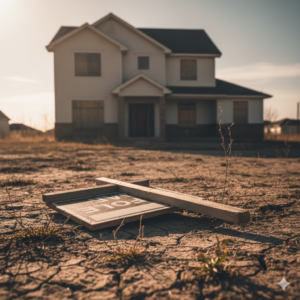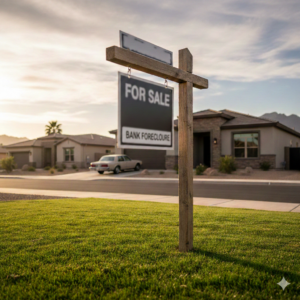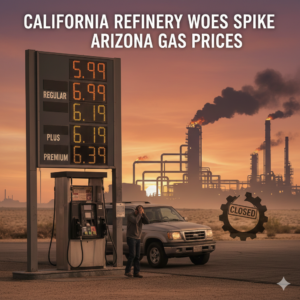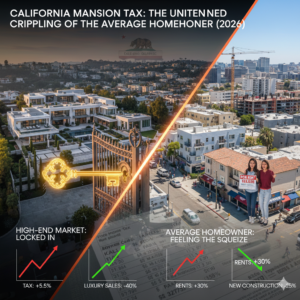AÂ just released Fannie Mae National Housing Survey, conducted between December 2009 and January 2010, polled homeowners and renters to assess their confidence in home ownership as an investment, the current state of their household finances, views on the U.S. housing finance system and overall confidence in the economy.
Mike Williams, President and CEO, of Fannie Mae talking about the report, said: “Despite the recent downturn in the housing sector, Americans continue to value home ownership and think about their homes in ways that go much deeper than the financial investment. The public also strongly believes in the importance of upholding the financial commitment involved in buying and owning a home, even during these challenging times when home values have fallen.”
The following key findings illustrate broad consumer perspectives on a range of related issues, including: current attitudes toward the economy and housing; present conditions for homeownership; owning versus renting; the present climate for borrowing; current mortgage satisfaction; the impact of being “underwater” on borrowers; and attitudes toward defaulting. Â In some instances, data are compared to a 2003 study on housing by Fannie Mae.
Housing and the Economy
- Eight in ten respondents consider homeownership important to the economy.
- Only 31 percent think that the economy is on the right track, but 44 percent expect their personal financial situation to improve in the next year. Â Delinquent borrowers are even more optimistic about the future, with 63 percent expecting they will be in a stronger financial position in the next year.
- Nearly two-thirds of respondents (64 percent) think it is a good time to buy a house, and nearly one in three (31 percent) think now is a very good time to buy a house. Â This is nearly as many who said it was a good time to buy in 2003 (66 percent), well before home prices peaked.
- Nearly three-quarters (73 percent) think housing prices will go up or stay the same over the next year, including 37 percent who think prices will increase and 36 percent who feel prices will remain about the same.
Desirability of Homeownership
- Seven out of ten respondents (70 percent) said they believe buying a home continues to be one of the safest investments available. Â This compares to 74 percent who think putting money into a bank account (money market or savings account) is safe. Â In contrast, only 17 percent believe buying stocks is a safe investment.
- Nearly two-thirds (65 percent) of survey respondents prefer owning to renting, citing non-financial reasons such as safety (43 percent) and quality of local schools (33 percent) as driving factors in wanting to own a home, ahead of economic considerations.
- Americans with 30-year fixed-rate mortgages are significantly more satisfied (93 percent) than those with other types of mortgages (76 percent for those with hybrid ARMs and 68 percent for those with ARMs).
Renters’ Views on Renting and Homeownership
- Nearly eight in ten renters (79 percent) participating in the survey believe that renting has been positive for them and their families.
- The two most common reasons cited by renters for choosing to rent instead of buy are: Â the belief that their credit history is not good enough to qualify for a mortgage (54 percent) and that they would be unable to afford the purchase or upkeep of a home (47 percent).
- Nearly seven in ten renters (67 percent) plan to buy a home at some point in the future.
- Less than half (44 percent) of those who currently rent said they would buy a house if they were to move, and 23 percent said they would purchase a new home later than they planned.
Challenges Facing Homeowners
- Most respondents (60 percent) believe it is harder for them to get a mortgage in order to purchase a home than their parents. Nearly seven in ten (68 percent) think it will be harder for the next generation.
- Survey respondents cited poor credit (22 percent), their income (19 percent), job security (15 percent) and having enough for a down payment (also 15 percent) as the top obstacles to obtaining a home loan.
- The majority (76 percent) expressed some degree of confidence that they would receive the information they need to choose the right loan if they bought or refinanced a home today, although only 47 percent said they are “very confident.”
Attitudes about Delinquency
- Nearly nine in ten Americans (88 percent), including seven in ten who are delinquent on their own mortgages, do not believe it is acceptable for people to stop making payments on an underwater mortgage, while eight percent believe it is acceptable.
- However, when asked if financial distress makes stopping payments on an underwater mortgage acceptable, 15 percent of respondents said yes, or nearly double the eight percent who believe it is acceptable generally.
- Both delinquent mortgage borrowers and those current on their mortgage payments are more than twice as likely to have seriously considered stopping their payments if they know someone who has already defaulted.







This was a good post; I am not sure if I have anything positive to say. First off, growth in home prices over the past few years was unnatural too. There were things in the mix that caused the free market system not to work, or maybe better said, “balloon.” There was government trying to create more tax revenue by relaxing monetary guidelines, the fed was keeping interest rates low on an artificial basis and then there were the promoters- Realtors, Mortgage companies, builders and the media to name a few, who pushed the notion that you could get a home for free. The risk reward portion of the equation was taken out. Now we face an industry that is broken and may not recover for quite awhile.
Houston auto accident lawyers
I looked for the recovery to start right after the election. Why? Hope. We need hope as a nation. From there, give it about a year to win back the confidence needed. The economy is all about confidence.
Epson inkjet cartridges